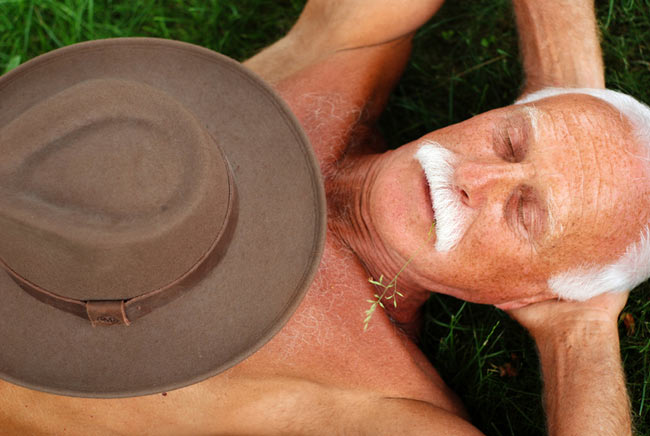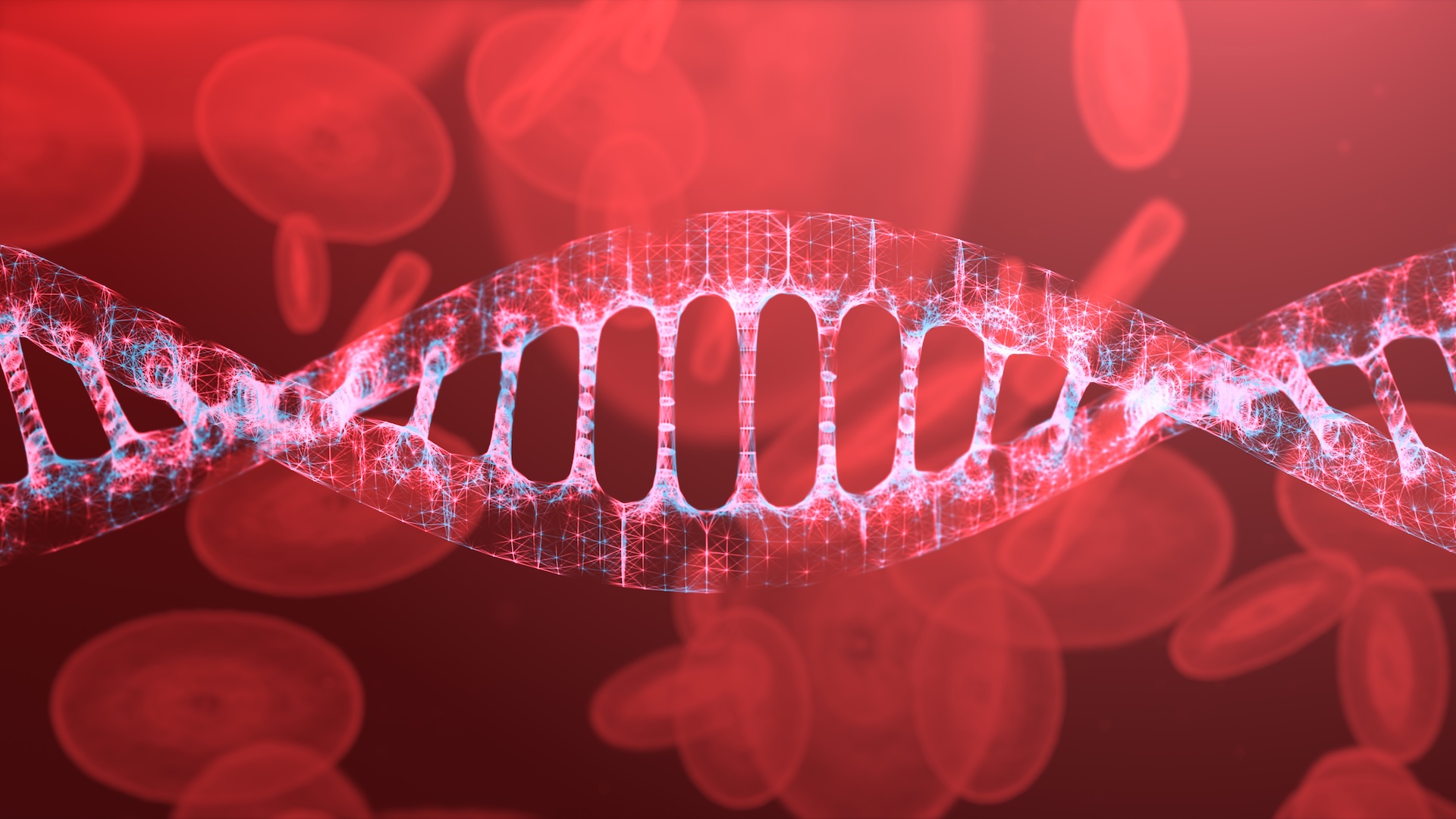What Is Sleep Apnea?

Question: My husband seems to stop breathing briefly during the night. It scares me, but he doesn’t seem to be worried about it. Any ideas about what causes this?
It’s possible that your husband is experiencing sleep apnea. I urge you to get your husband to a doctor for a diagnosis because sleep apnea can be a serious disorder.
High blood pressure is common in sleep apnea. Sudden drops in blood oxygen levels that occur during sleep stoppages increase blood pressure and strain the cardiovascular system, raising the risk of heart failure and stroke.
About 18 million Americans have sleep apnea. It’s much more common in older adults and men. Apnea is Greek for “without breath.”
People with sleep apnea stop breathing for as long as 30 seconds at a time. These interruptions can happen hundreds of times a night. The breathing cessations may wake you and prevent you from getting a good night’s sleep. These awakenings usually are so brief that you don’t recall them.
There are two kinds of sleep apnea: central and obstructive.
If you have central sleep apnea, there’s a communication breakdown between the breathing muscles and your brain. It’s uncommon.
Get the world’s most fascinating discoveries delivered straight to your inbox.
About 90 percent of sleep-apnea victims have obstructive apnea, which is caused by a blockage in the windpipe. Obstructive sleep apnea occurs when the muscles in the back of your throat relax. These muscles support the soft palate, tonsils, tongue and uvula—that doohickey that hangs in the back of your mouth. When the muscles relax, your airway is narrowed and breathing is cut off. A blockage can also be caused by a lot of fatty tissue in the throat.
The most common symptoms of sleep apnea include:
- Excessive daytime sleepiness
- Loud snoring
- Observed episodes of breathing stoppages during sleep
- Abrupt awakenings with shortness of breath
- Awakening with a dry mouth or sore throat
- Morning headache
- Problems associated with sleep deprivation such as forgetfulness and mood changes.
A common treatment for sleep apnea that helps most sufferers is Continuous Positive Airway Pressure (CPAP). You sleep with a special mask that adds pressure to the air you breathe. Mild cases of apnea can be treated with dental devices that move your jaw forward to make breathing easier. In very few cases, surgery is necessary to remove tonsils or extra tissue from the throat.
There are some self-help techniques:
Sleep on your side instead of your back. Sleeping on your back can cause your tongue and soft palate to rest against the back of your throat and block your airway.
- Eliminate alcoholic beverages and sleep medicines, which relax the muscles in your throat.
- Quit smoking. Nicotine is a stimulant and can interfere with sleep. Smoke is an irritant to nose, throat and lungs.
- Lose weight. A fat neck tends to narrow the airway in your throat.
(Note: In my research, I often seem to run into warnings against alcohol, tobacco and fat. Must be something to it.)
When you go to a doctor for a diagnosis, he or she may refer you to a sleep disorder center. You may be asked to undergo overnight monitoring of your breathing and other body functions during sleep. You may also be referred to an ear, nose and throat doctor to rule out any blockage in your nose or throat.
- Top 10 Spooky Sleep Disorders
- 5 Things You Must Know About Sleep
- More About Sleep
The Healthy Geezer column publishes each Monday on LiveScience. If you would like to ask a question, please write fred@healthygeezer.com. © 2010 by Fred Cicetti.
